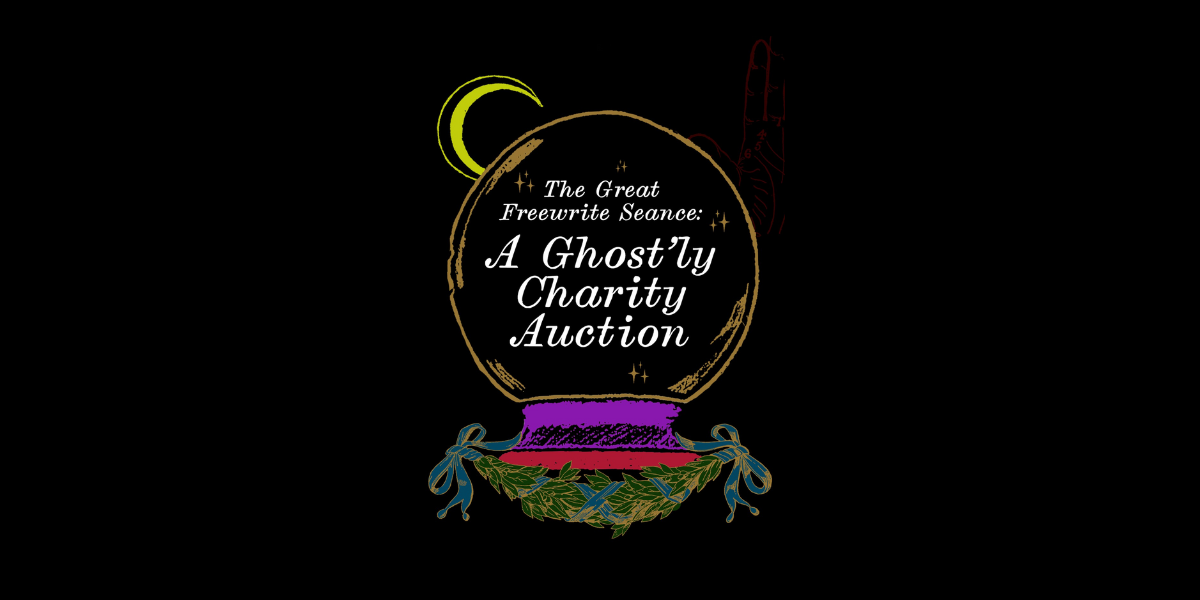
Have you heard authors talk about "writing IP"? Or maybe that book in your hand is IP and you don't even know it. Or maybe you have no idea what we're talking about.
Regardless, you've definitely read something that was created as IP, and the process is fascinating — trust us. Join us for an interview with Author & Freewrite Ambassador Rebecca Mix to discuss writing IP and what it's like for an author.
First things first. What does it mean to write IP?
IP means "intellectual property," ie. instead of writing something you came up with on your own, you're hired by a publisher to write about something that already exists! People usually think of existing brands, like Neopets, Disney, Marvel, etc., but IP can also mean a concept that's developed in-house by an editor and then an author is hired to write it. You'd be surprised how many books are IP without anyone even knowing.
Wow. That's fascinating. So you do both. You have your own original books, like The Ones We Burn and The Mossheart's Promise, and now you're getting into IP, right? How did you get started with that?
I always wanted to do IP, and it was going to be something I started pursuing a little further along in my career — but then, in 2021, my editor at Andrews McMeel reached out to see if I'd be interested in doing the Neopets graphic novels because I talk about how much I love Neopets, constantly, online.
Never hurts to be loud about what you love!
Neopets?! Like the virtual pet website? *break to fangirl* How is the process of writing IP different from writing purely original content?
IP is a lot more collaborative. And you get source material! Since it's not my world, a lot of my job with this particular IP is to understand and love the canon, and then develop a story that does that canon justice. It's really interesting because since this isn't something I own, there's an entire team of people dedicated to ensuring that all of the details align and that I do the canon justice.
Typically, when I write my own books, no one even knows about them until I have a detailed outline, a pitch, and sample chapters. This one kind of worked in reverse: the pitch had to be approved by the lovely folks over at Neopets, then I sent them an extensive 4,000 word outline for them to comb through so they could suggest changes, nix certain elements that conflicted with lore or with upcoming plots they were developing, etc. You have to be someone who doesn't hold things precious; names and characters and subplots will change, because at the end of the day, they're the experts, and my job is to just try and tell a good story.
Then, when the book gets turned in, instead of just my editor working through it, it goes back to the team so they have a chance to read and suggest changes. In that way, it's a lot less lonely than writing my own original work, and a lot more of a team effort!
Do you like one more than the other?
I don't think so! I think IP and original stories all have their own perks and merits. I love the creative control of writing my own stories because I can really go wild, but in the case of Neopets, it felt like an utter pipedream to get to create new canon for a property that has meant the world to me for the last 20 years. And the teamwork aspect of it was really fun, too. I'll definitely continue to write my own original stuff, but I'm hopeful I can continue to do more IP as well!
If you could write IP for any universe, character, brand, etc., what would it be?
Oh gosh. Too many to choose, because I love too many things! For existing brands, the obvious answer is the Warriors series. I grew up devouring them and it's a dream of mine to get to work on them at least once.
Other very niche dreams would be Stardew Valley, Animal Crossing, Tangled, Pokemon, Wizard of Oz ... but I've also always been keen to try my hand at working on a publisher-developed IP. Anything video games, murder-y magic, or set in Michigan would be a blast. And if some editor out there was ever dreaming about a book dealing with brain injuries, I unfortunately have the experience down for that one already!
--
So there you have it. Welcome to the world of IP! If you could write a story set in any universe that isn't your own, what would you choose?
Readers can learn more about Rebecca Mix at www.rebeccamix.com or follow her on Instagram, TikTok, Twitter, or Facebook.






























